Ever find yourself out of breath after a simple flight of stairs? You’re definitely not alone! Many of us juggle busy lives, and squeezing in exercise can feel like just another daunting task on the to-do list. But what if I told you that cardio exercises could be your secret weapon, not just for fitness, but for boosting your mood and energy levels too? In this article, we’ll dive into what cardio really is, explore the different types of exercises you can try, and share tips to help you make cardio a fun and regular part of your routine. So, whether you’re a beginner or looking to switch things up, stick around—we’re about to uncover some solid strategies that could transform your approach to staying active.
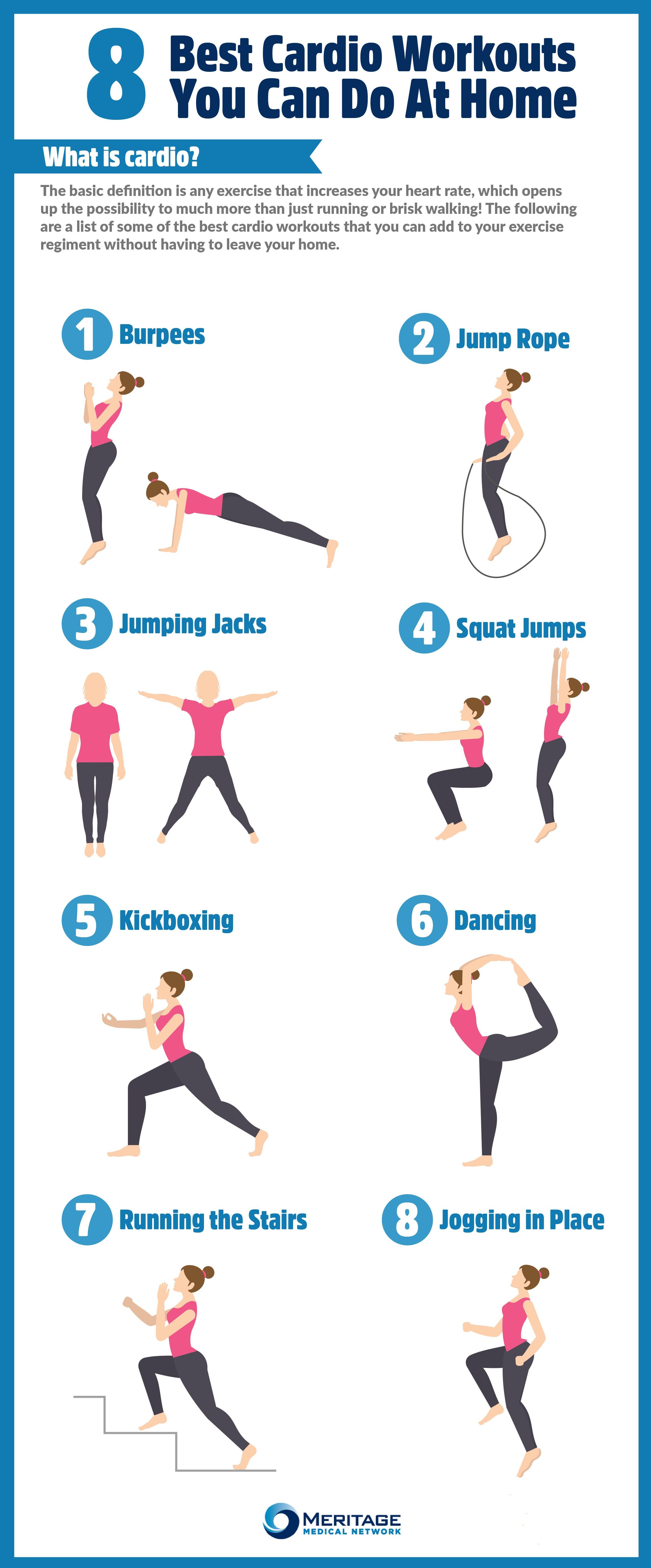
Understanding the Different Types of Cardio Exercises for Every Fitness Level
When we think about cardiovascular exercise, it’s easy to picture yourself sweating it out on a treadmill or pounding the pavement for countless miles. But cardio isn’t one-size-fits-all. Think of the wide array of options as flavors in an ice cream shop—there’s something for everyone! From high-energy HIIT (High-Intensity Interval Training) that can get your heart racing in a shorter amount of time, to the low-impact, steady-state exercises perfect for those just starting out or recovering from injury, the choices are as diverse as our individual fitness goals. Have you ever tried dancing your way through a workout? Zumba might just be the fun twist you need to spice up your routine!
Did you know that many people mistakenly believe cardio only means long-duration, steady-state exercises? This couldn’t be further from the truth. Research shows that short bursts of intense activity can be just as beneficial, if not more so, for building cardiovascular health. According to the American College of Sports Medicine, high-intensity workouts increase your overall fitness level and burn more calories in a shorter period. This leads to a paradox: the shorter workout sessions can generate results that feel inversely proportional to the time spent, making it an appealing option for those with busy schedules. So, why not give that fast-paced jump rope session a try or engage in a heart-pumping circuit workout?
Now, let’s break down how to find the perfect fit for your cardio routine. Consider starting with three simple categories: low-intensity, moderate-intensity, and high-intensity exercises. For those embracing low-intensity options, leisurely walking or swimming might be your go-tos. If you’re feeling up for a challenge, think about moderate options like jogging or cycling. if you’re ready to increase your game, dive into HIIT or sprinting sessions. Each type serves different purposes, but they all contribute to a robust heart health. The real takeaway? Experiment and listen to your body—ultimately, the best cardio workout is the one you enjoy enough to keep coming back to! Explore more about tailoring your cardio through fitness platforms, like MyFitnessPal, which provide personalized workout suggestions based on your unique lifestyle.
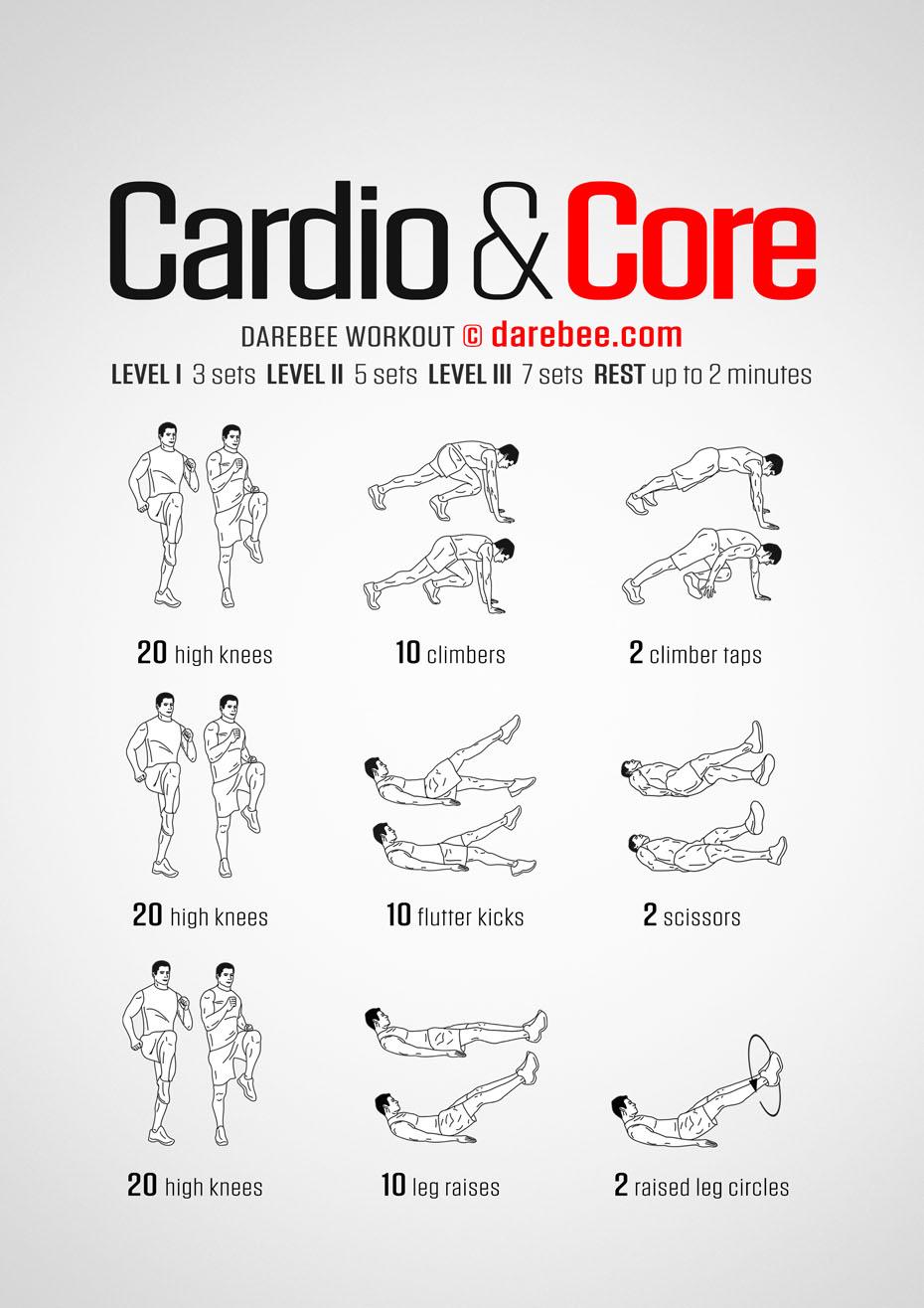
The Science Behind Cardio: How it Benefits Your Heart and Overall Health
When we think about cardio, images of people sweating it out on treadmills or hitting the pavement for a run often come to mind. But the truth is, cardio is more than just a way to burn calories; it’s a powerful tool for enhancing heart health and boosting overall wellness. Research indicates that just 150 minutes of moderate aerobic activity each week can yield astonishing benefits, such as lower blood pressure, improved cholesterol levels, and a reduced risk of heart disease. So why not lace up those sneakers and dive into an activity that doesn’t just help shed pounds but invigorates your heart and fortifies your health?
Many people mistakenly believe that cardio is all about intense workouts or heading to the gym. In reality, it can be as simple as a brisk walk through your neighborhood or dancing in your living room. The key is consistency. Studies have shown that regular moderate exercise can lead to remarkable changes in your body and mind. For instance, participants in a CDC study found that just 30 minutes of walking five days a week not only improved their cardiovascular health but also reduced symptoms of anxiety and depression. Imagine turning a mundane evening into a delightful stroll while breathing life into your heart—how easy is that?
Moreover, engaging in cardio helps to foster a connection between physical health and emotional well-being. Think about those days when a workout leaves you feeling unstoppable; that’s the endorphins at play! Whether it’s cycling with friends, swimming laps, or following an online dance workout, these activities unleash a flood of positivity and vitality. To get started, consider:
- Finding a cardio buddy to boost motivation.
- Setting a goal—like running a 5K or joining a local cycling group.
- Experimenting with different activities to discover what you truly enjoy.
Let your heart lead the way, and remember, the journey to better health doesn’t have to be a chore; it can be an adventure! Exploring the science of cardio isn’t just about stats; it’s about transforming your life into one that’s vibrant and fulfilling.
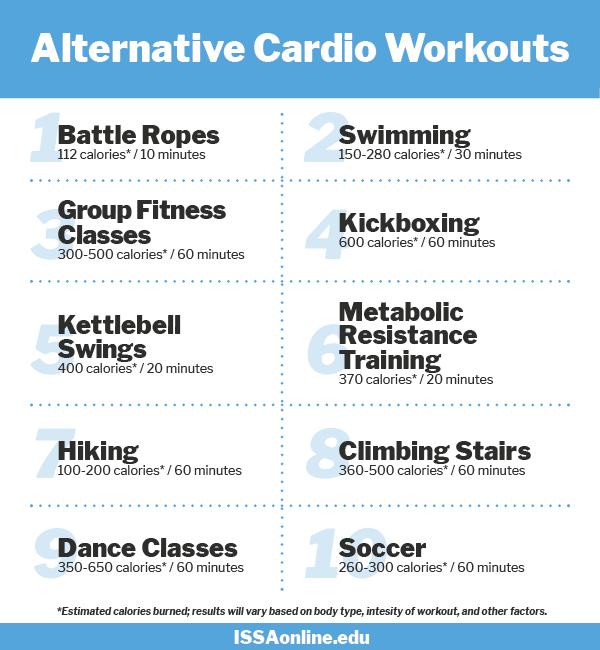
Creating an Effective Cardio Routine: Tips for Consistency and Progression
When it comes to establishing an effective cardio routine, consistency is key. Think about your day-to-day life; what rituals do you follow? Perhaps your morning coffee is non-negotiable or maybe you check your emails before putting your feet on the ground. Incorporating cardio should feel just as essential. Start with a manageable goal—aim for 15 to 20 minutes a session, three to four times a week. Gradually increase the duration or frequency as you find your groove. One common misconception is that you need to perform high-intensity workouts to achieve results. In reality, a brisk walk can be just as effective. According to the American Heart Association, getting your heart pumping for just 150 minutes a week can improve your cardiovascular health significantly. So, what’s stopping you from lacing up those sneakers?
Another vital aspect is variety. Imagine eating the same meal every day; it becomes boring, right? The same applies to your cardio routine. Mixing up activities not only keeps things fresh but also challenges different muscle groups and prevents burnout. Try cycling, swimming, or even dance classes! If you’re unsure where to start, consider setting an intention for the month—like trying a new cardio class each week. Additionally, utilizing tools like fitness apps can provide structured workouts and track your progress. It’s fascinating how real-time feedback can motivate you. Studies show that people who track their workouts are more likely to stick with their routines. Have you ever thought about how rewarding it can feel to see that progress chart climb?
don’t shy away from accountability and partnership. Sharing your cardio journey with a buddy can significantly boost motivation. Whether it’s running laps at the track or tackling a virtual cycling class together, having a partner can push you to stay on course. Think of it as a built-in cheerleader; during tough days, their encouragement can reignite your passion. You might even consider joining a local running club or online fitness community. Remember, it’s not only about the physical gains; building connections along the way can fuel your motivation even further. By weaving these elements—consistency, variety, and accountability—into your routine, you’re setting yourself up for both immediate enjoyment and long-term success. So, what’s your next cardio adventure going to be?
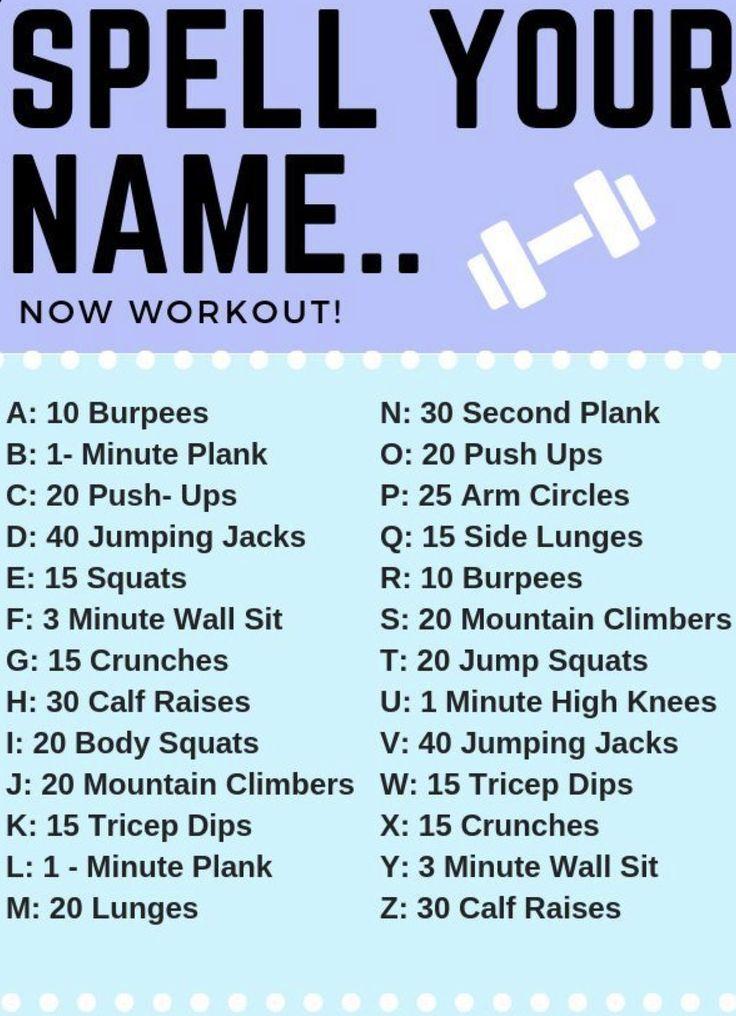
Fun Cardio Workouts to Spice Up Your Fitness Journey
Let’s face it, traditional cardio can feel monotonous. Running on a treadmill can seem more like a test of endurance than an enjoyable exercise. But what if you could break the mold? Have you ever danced your heart out in a Zumba class, where the music lifts your spirits and the movement invigorates your body? Dance-based workouts are not only entertaining, but they also provide an effective cardio session. They can improve your coordination and range of motion while getting your heart racing. A study by the American Council on Exercise (ACE) found that participants in a Zumba class can burn anywhere from 369 to 400 calories in just an hour! So, grab your dancing shoes, turn up the volume, and let loose. Your body will thank you.
But maybe you’re more of an adventurer at heart? If so, why not spice up your cardio with some outdoor activities? Hiking, for instance, offers breathtaking views, fresh air, and a sense of accomplishment that you just can’t replicate on a gym machine. Plus, it’s an opportunity to connect with nature and break free from the confines of indoor workouts. Consider this: a study published in the *Environmental Science & Technology* journal found that people who spend time in green spaces, like parks and forests, report lower levels of stress and increased levels of happiness. To make it interesting, try exploring new trails or combining hiking with interval training—like sprinting between trees. With each step, you’re boosting your cardiovascular fitness while soaking in the beauty of the great outdoors.
If you’re looking for something that truly challenges your fitness limits, consider high-intensity interval training (HIIT). This workout method alternates between intense bursts of activity and short rest periods, making it both time-efficient and effective. Surprisingly, you’ll often find that four minutes of HIIT can be more beneficial than an hour of steady jogging. According to a study by the Journal of Physiology, HIIT can improve cardiovascular fitness levels just as effectively as traditional endurance training in less time! You can try a workout that combines bodyweight exercises like burpees, jumping jacks, and mountain climbers. You’ll not only burn calories but also boost your metabolism long after the workout is over. So grab a timer, set it for 20 seconds of work followed by 10 seconds of rest, and unleash your inner athlete!
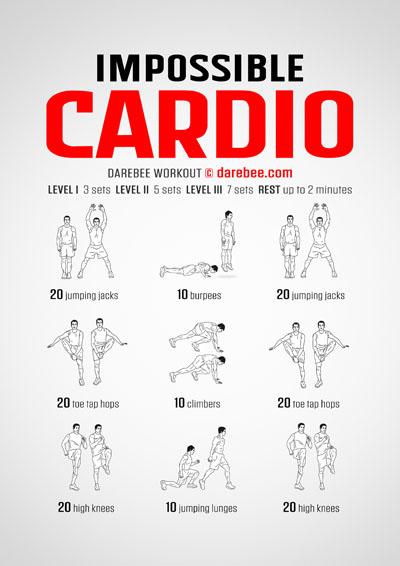
Incorporating Cardio into Your Weekly Schedule: Balancing It with Strength Training
Finding the right balance between cardio and strength training is more than just a scheduling puzzle; it’s a holistic approach to fitness that can redefine how we think about our workouts. Have you ever wondered why so many people end up dreading their training regimens? Often, it’s because they overlook the importance of variety. Incorporating cardio doesn’t mean you have to abandon the weights. Instead, think of it as an integral part of your journey. A study by the American College of Sports Medicine suggests that a blend of both can enhance cardiovascular fitness while maintaining muscle mass. Have you ever jogged after a heavy lifting session? That post-lift run can be a refreshing way to enhance your endurance and clear your mind.
Imagine structuring your week to include sessions that stimulate both your heart and muscle strength. You might decide to allocate days specifically for strength training and others for cardio, or even blend them in a single workout. Consider this structure:
- Monday: Strength Training
- Tuesday: HIIT Cardio
- Wednesday: Active Recovery (like yoga or a light walk)
- Thursday: Strength Training
- Friday: Steady-State Cardio (like cycling or running)
- Saturday: Full-Body Circuit combining both
- Sunday: Rest and Recovery
This integration allows your body to recover while still being active. Plus, alternating intense workout days with rest promotes muscle recovery, which is paramount for growth and performance.
When planning your week, listen to your body. Do you feel energized after a cardio blast, or do you find lifting weights invigorating? It’s all about personalizing your routine and staying attuned to what feels best. Research tells us that individuals who enjoy their workouts are more likely to stick with them. Why not throw in some social elements too? Join a local running club or partner up for circuit training—it can make the experience even more engaging. Challenging yourself is important, and balancing cardio with strength training not only maximizes your fitness results but can also significantly enhance your overall well-being.
The Takeaway
As we’ve explored, incorporating cardio exercises into your routine can be a game changer for both your physical and mental well-being. From boosting your mood to strengthening your heart, the benefits are undeniable and well worth the effort. So why not take a moment to reflect on your own habits? Perhaps it’s time to switch up your routine or try a new form of cardio that excites you—whether that’s dancing, cycling, or even brisk walking with a friend. Remember, every bit counts, and it’s all about finding what makes you feel alive and energized. So lace up those shoes, get moving, and consider sharing your cardio journey with us. What workouts have inspired you? Your experiences could motivate someone else to take that important first step. Embrace the challenge, and let’s keep pushing each other toward greater health together!





